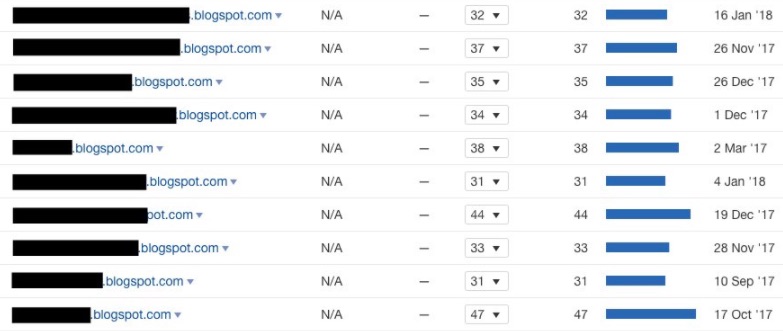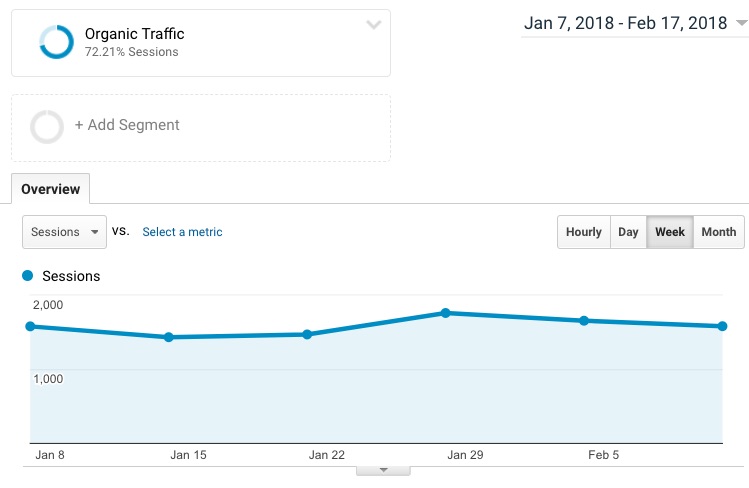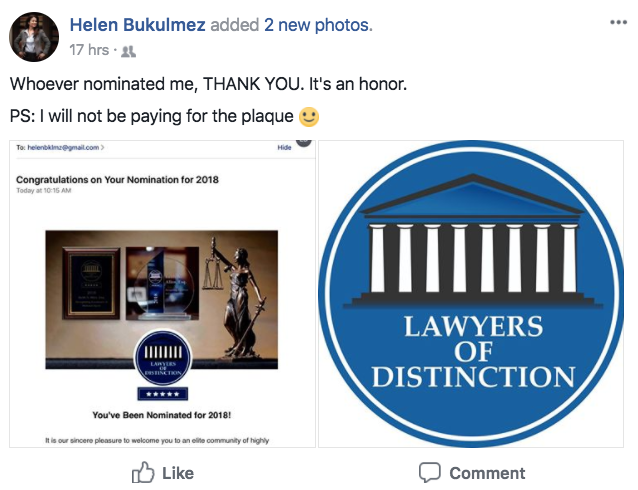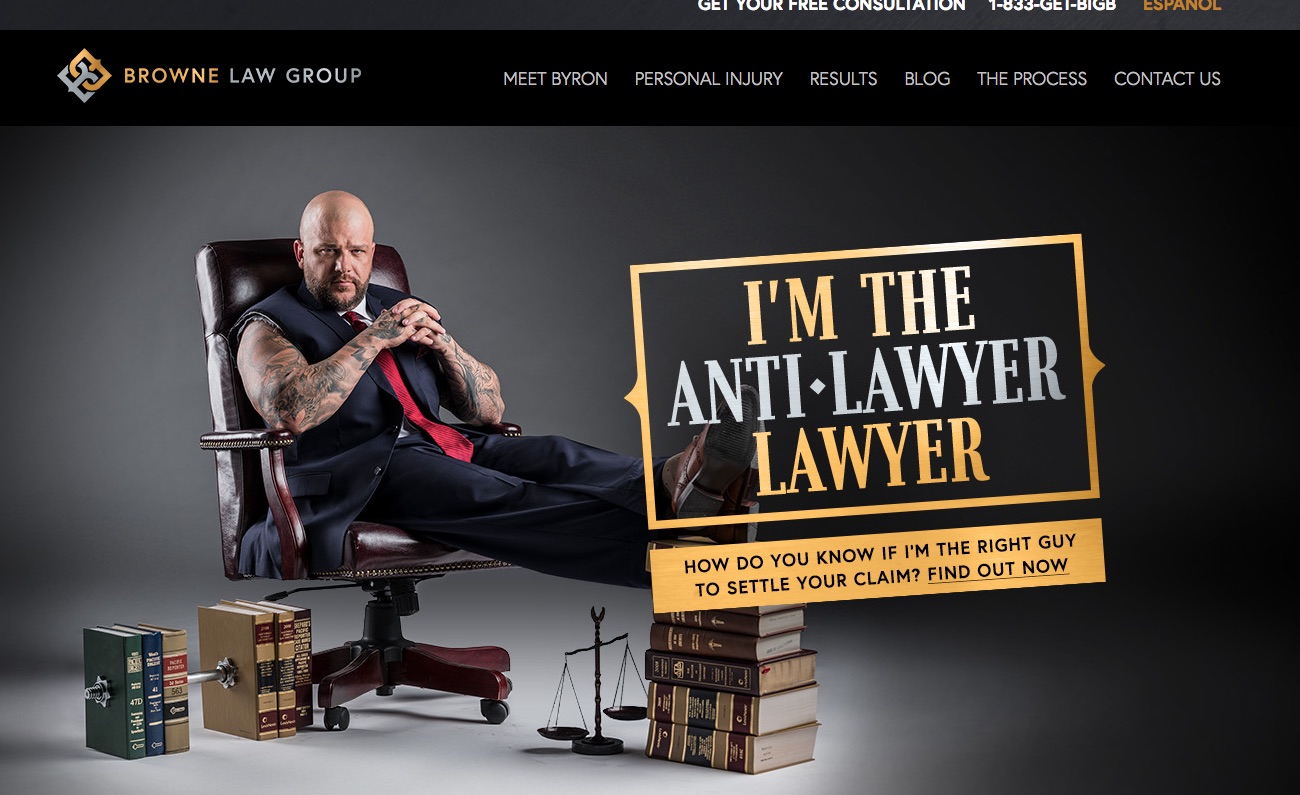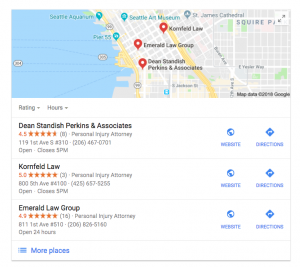Far too few agencies talk about link building and, in my humble (or not so humble) opinion, most that do, do an absolute garbage job. Blake Denman posted this shot on Twitter the other day, of the backlink profile for “link building” work done by an agency. This stuff is pure garbage (yet most firms don’t know it).
Blake then postulated (IMO, correctly) how these garbage links (paid for by a client to an agency) actually had the end result of decreasing, not increase organic traffic:
This type of activity is NOT only paid for by the client, but then requires a client to a) notice the negative impact and b) hire someone else to clean up the mess. We call this Janitorial SEO. This is Blake’s joy to deal with for the next few months, and the client’s headache to pay him for it.
So…
What should a firm be doing about link building?
I want to showcase one example of a significant, permanent increase in organic traffic due to just a single link on a site we’ve been working on for years. Now the graph below doesn’t scream amazing, but the difference in average weekly organic traffic between the weeks January 22nd and 29th is a persistent increase of 11%.
The link in question was from a very high ranking site – ahrefs puts it at DR, 82; Moz’s OpenSiteEplorer at 83 and Majestic Citation Flow at 61. The content in question took weeks to develop and the outreach, was frankly hit or miss. In fact, it wasn’t our outreach that drove the link, but instead, the tweet from a friend of a friend of a friend of a friend (this is the way social really works). And just one link. And yet…boom. A 12% increase that will benefit the site for years to come.
So…how do you know if your agency is engaged in useful (I’ll call it advanced) link building, or link building so bad that it’s not just a waste of money, but it’s going to cause you to spend more money to clean their work up in the future? The first answer is easy: a good link building campaign is both long term and effective. This means, that over time, your inbound search traffic shows an up and to the right improvement. In the case of this site, that’s exactly what we’ve seen…below is the long term graph of their search traffic, in which we’ve done nothing more than generate strong content married to a proactive link building effort.
However, the quality of your agency’s link building efforts can be more immediately assessed based on the tenor of your relationship. Are you deeply engaged with your agency? Do they know what you are working on (amazing – specific matters can be link building gold). Have they pushed you on outreach and relationship building?
One final note: this level of engagement, expertise, relationships, content development, care and effort isn’t cheap. And it’s not always successful (which also makes it not cheap). But it’s the primary thing that drives success in organic and local search. If your agency is doing link building and you have NO idea what they are doing, most likely it’s not high level and you are simply torching your kids’ college fund. (Although, watch your traffic, if its growing, I’m more than happy to be wrong here).
If you’d like to read more about link building try:
- or my old standard from 2011 on Search Engine Land, most of which remains very relevant today: How to Terrify Executives Into Linkbuilding.
